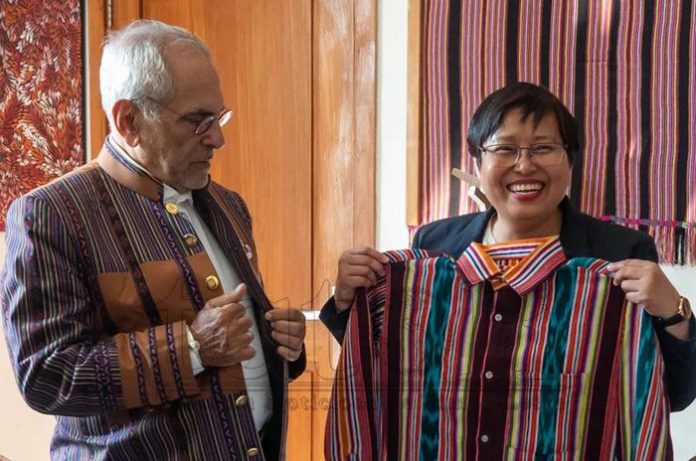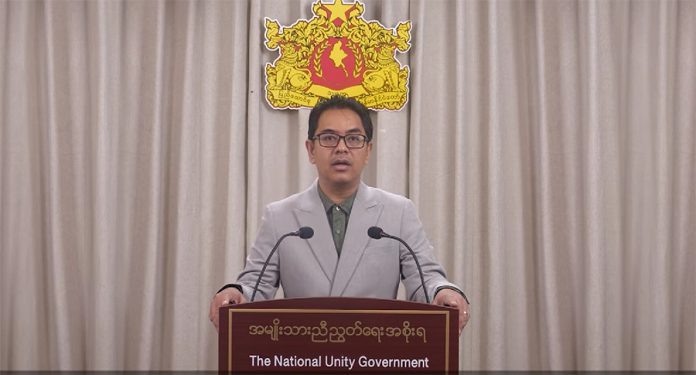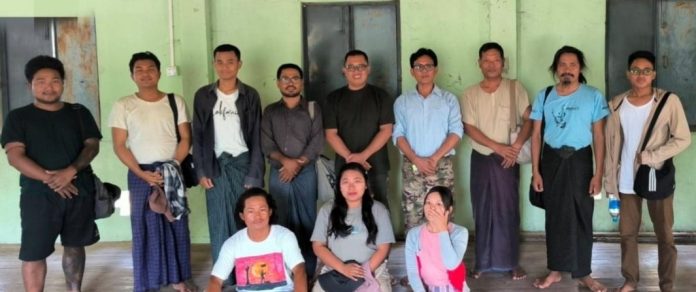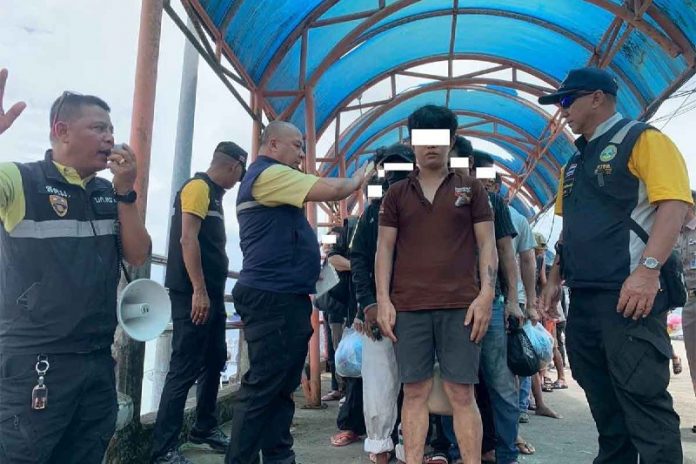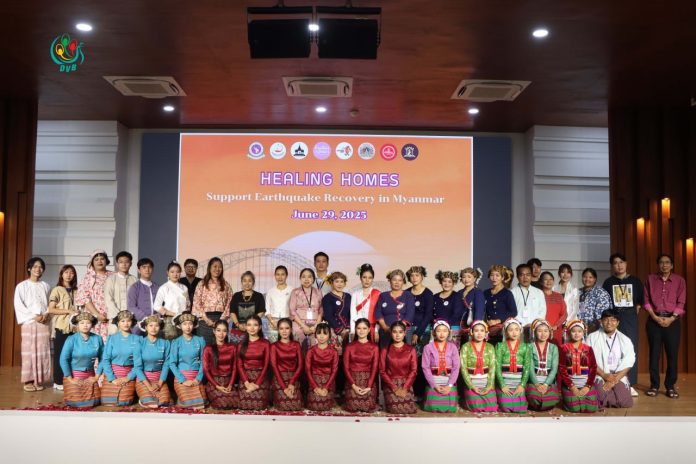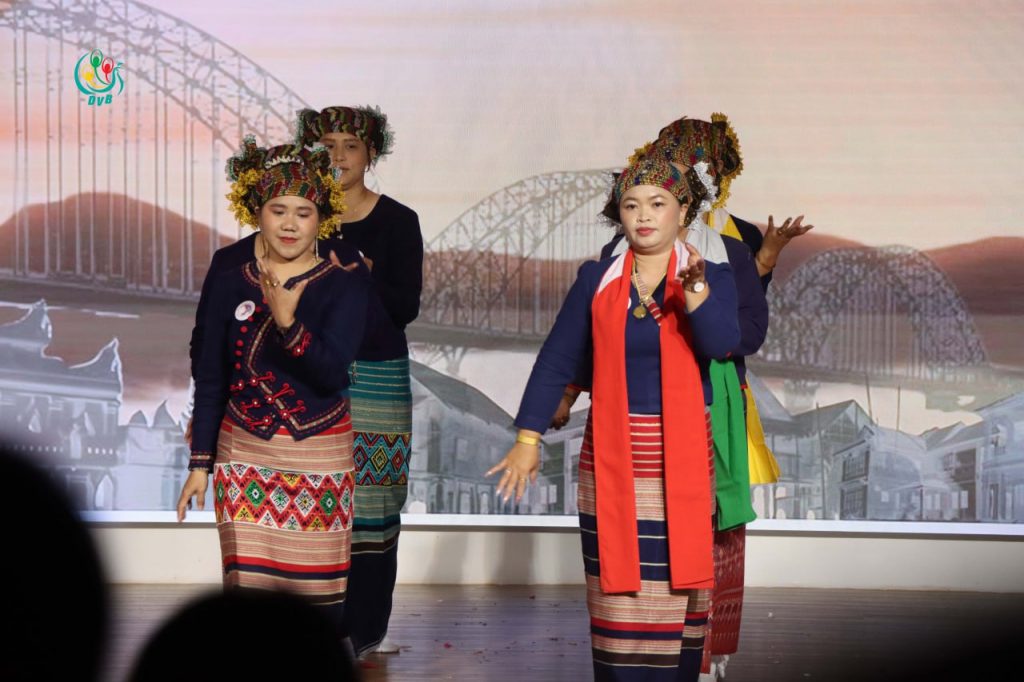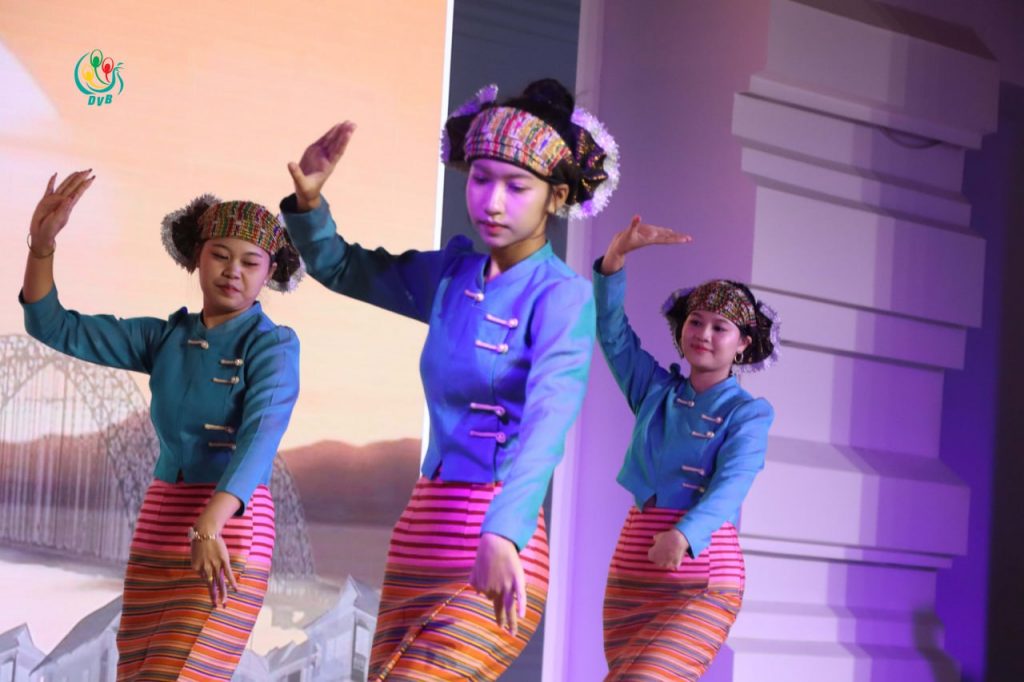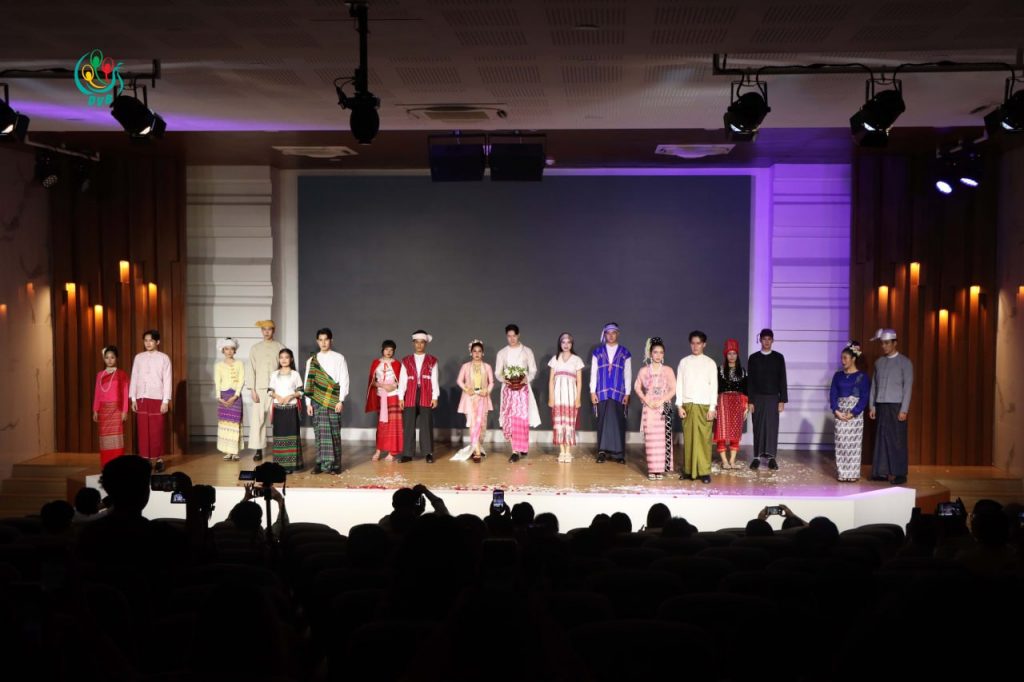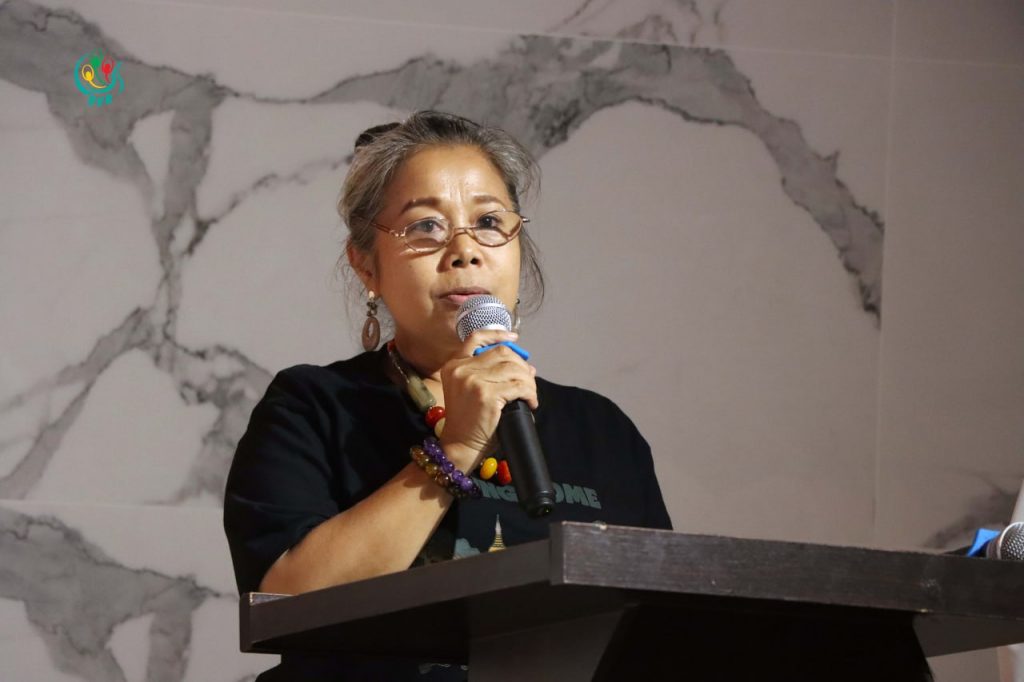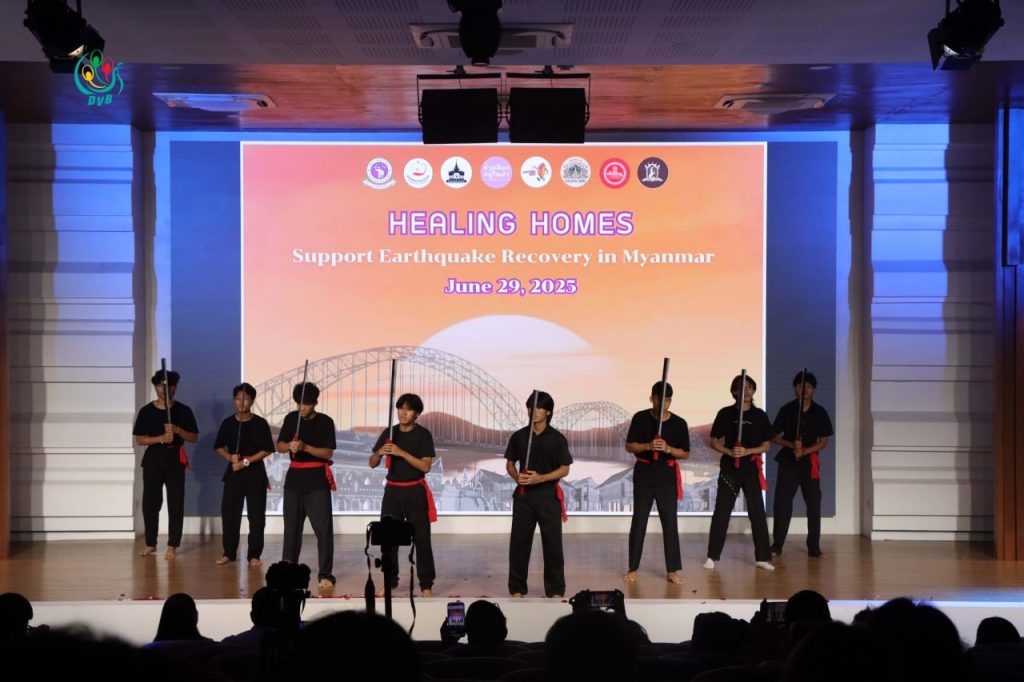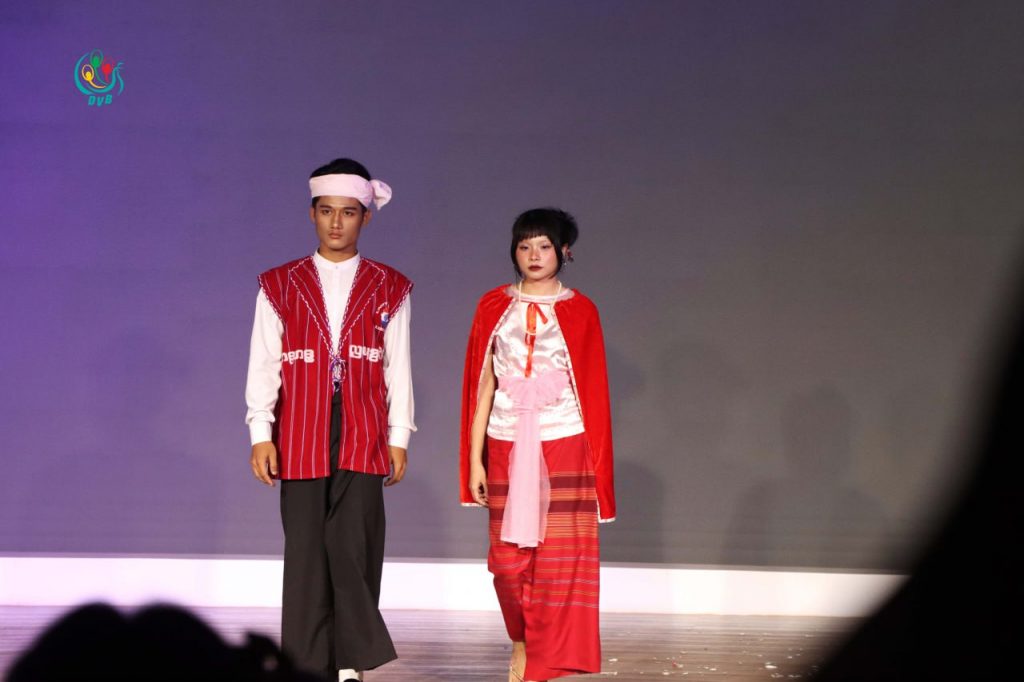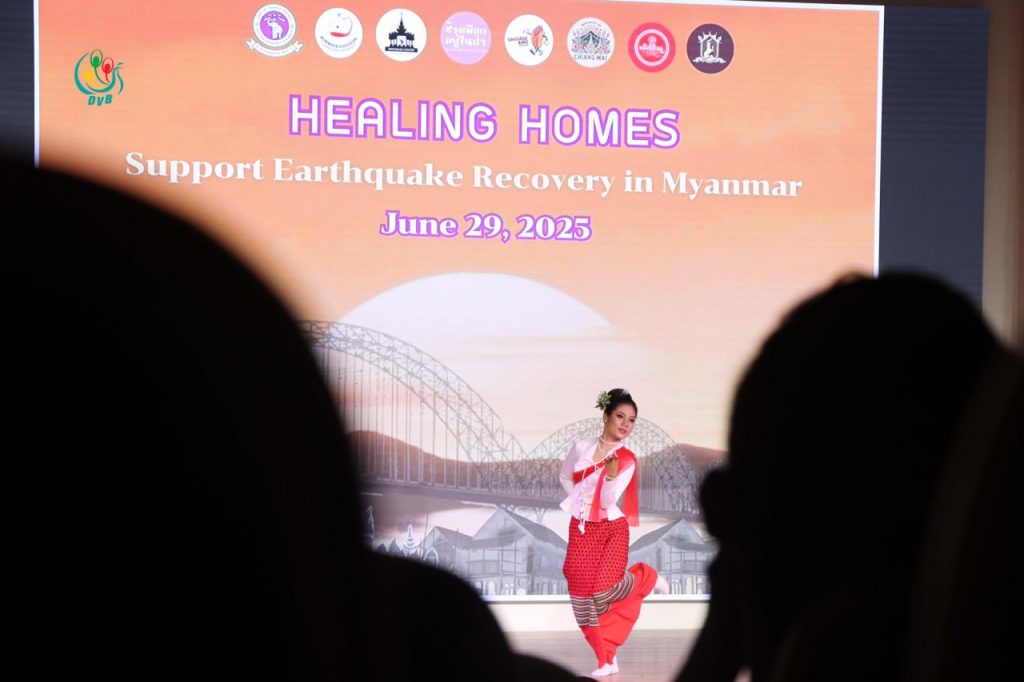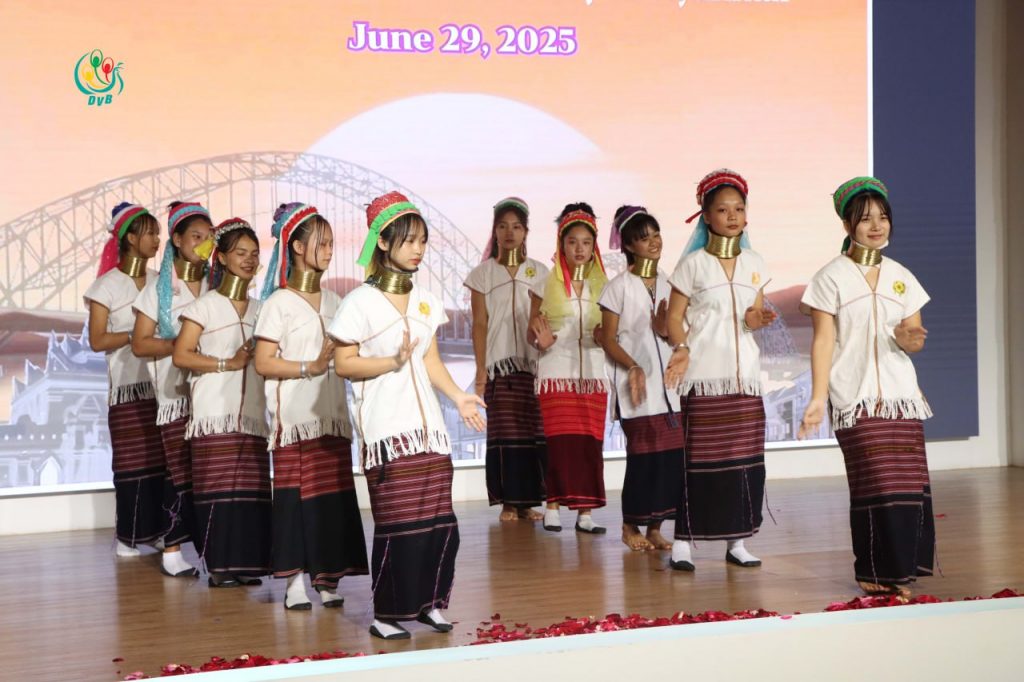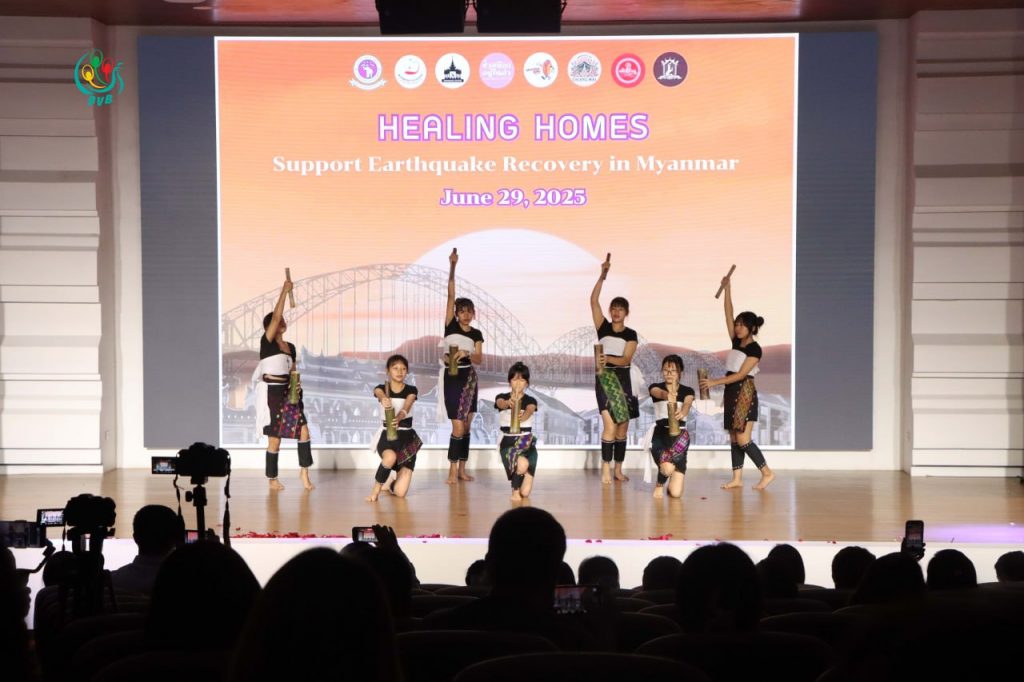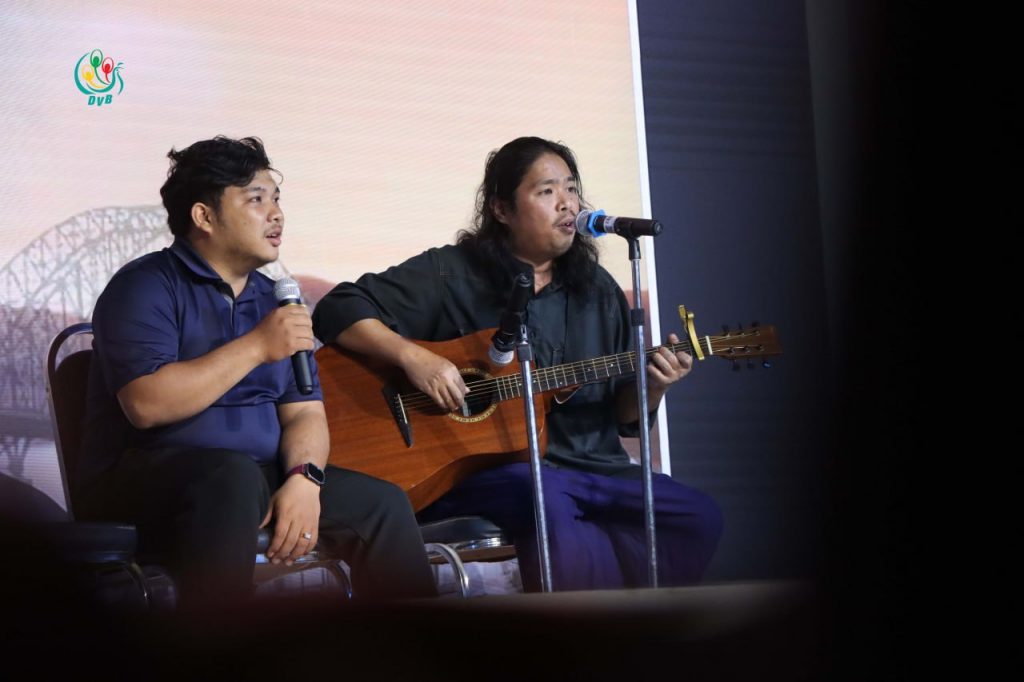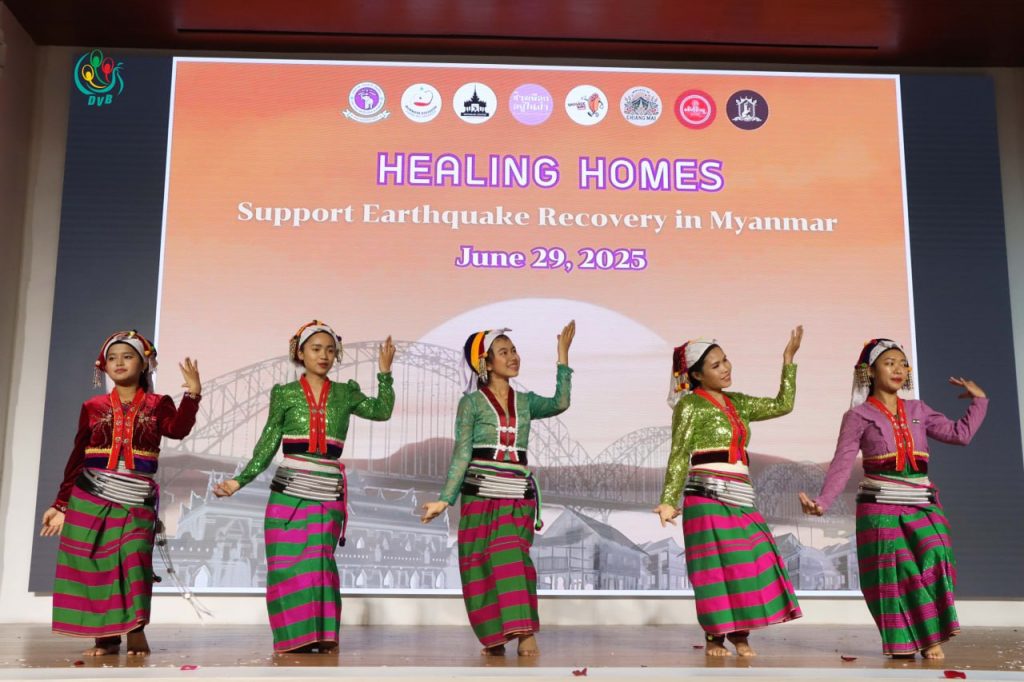Myanmar opposes full Timor-Leste ASEAN membership
The regime in Naypyidaw has informed Malaysia, the current chair of the Association of Southeast Asian Nations (ASEAN), and the ASEAN Secretariat that it opposes the proposed accession of Timor-Leste as the 11th member state at the 47th ASEAN Summit to be held on Oct. 26, sources told Thai media.
In a letter, Naypyidaw stated that it wants ASEAN to “suspend all related procedural considerations until Timor-Leste revises its approach and demonstrates a clear commitment to rectifying its policy towards Myanmar.” It urged Timor-Leste to “refrain” from engaging with entities that are explicitly opposed to, or in conflict with, the positions of ASEAN member states.
The letter was signed by Han Win Aung, the director-general and Alternate Senior Officials’ Meeting (SOM) Leader of ASEAN–Myanmar. It added that if Dili continues to violate the non-interference principle in Burma’s internal affairs, “we must firmly reject any consideration of granting ASEAN membership to Timor Leste.”
Regional lawmakers call to free political prisoners
The ASEAN Parliamentarians for Human Rights (APHR), a network of more than 175 current and former elected policymakers in Southeast Asia, announced on Wednesday that it wants the “immediate and unconditional release of all political prisoners” in Burma to be at the top of the agenda at the 58th ASEAN Foreign Ministers’ Meeting (AMM), in Kuala Lumpur, Malaysia, July 8-9.
“ASEAN can no longer postpone justice,” said Mercy Chriesty Barends, the APHR Chairperson and member of the Indonesian House of Representatives. “The continued detention of political prisoners is a stain on our regional conscience. Their release must be a top priority at the AMM and an integral part of ASEAN’s engagement with Myanmar moving forward.”
The Political Prisoners Network Myanmar (PPNM) has documented that at least 130 political prisoners have died in custody with 50 killed during the March 28 earthquake at Obo Prison. Another 60 have died from a lack of adequate medical care. The Assistance Association for Political Prisoners (AAPP) states that are currently 22,188 people in detention for opposing the 2021 military coup.
Regime gains ground in northern Shan State
Sources on the frontline in northern Shan State told DVB that regime forces have reached Ommakah and Nawng Au villages, located eight miles (13 km) southwest and six miles (10 km) south of Nawnghkio Township, which came under Ta’ang National Liberation Army (TNLA) control on July 10 and is located 96 miles (154 km) south of the region’s capital Lashio.
A source close to the resistance in northern Shan told DVB on the condition of anonymity that both sides relied heavily on firepower from Unmanned Aerial Vehicles (UAV), or drones, and artillery during fighting. The source added that ethnic armed groups and the People’s Defence Force (PDF) faced difficulties in replenishing their weapons and ammunition supply.
The TNLA announced on Tuesday that 11 airstrikes killed three civilians and injured one on July 1 in Nawnghkio’s Thonezel village. It claimed that 130 airstrikes, 60 drone strikes, and 53 artillery strikes were carried out by regime forces during fighting in eight villages of Nawnghkio on June 24 but did not share casualty figures. Naypyidaw launched a counteroffensive to retake Nawnghkio in April.
News by Region
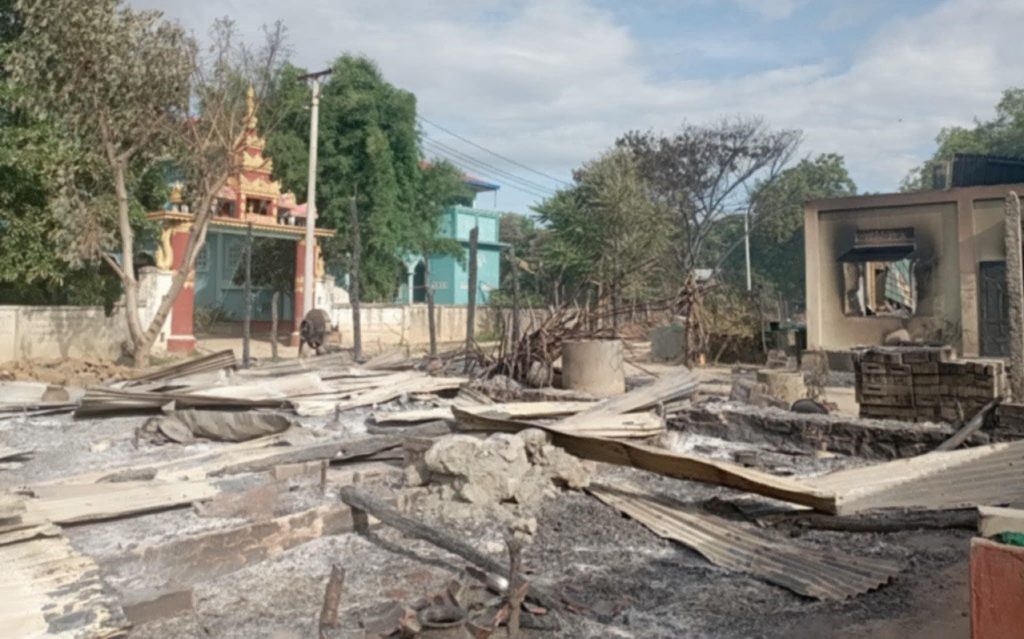
MANDALAY—Residents of Nyaung-U and Taungtha townships told DVB that at least five civilians were killed and more than 100 homes were burned down by regime forces in five villages June 22-30. Nyaung-U and Taungtha are located 87-110 miles (140-177 km) southwest of Mandalay.
“In retaliation [for an ambush, regime forces] fired heavy artillery, causing civilian deaths,” a PDF member told DVB. Over 1,000 residents from 20 villages fled their homes. Aid groups have issued an urgent appeal for food and medicine for the 1,000 Internally Displaced Persons (IDPs).
BAGO—The Karen National Union (KNU) announced on Monday that five civilians were injured, including three children, during an airstrike in Kyaukkyi Township on Monday. Kyaukkyi is located 108 miles (173 km) northeast of the region’s capital Bago in KNU Brigade 3 territory.
The National Unity Government (NUG) Ministry of Defense stated that at least seven regime troops were killed and 22 were detained, along with 28 weapons and various military supplies, by the Karen National Liberation Army (KNLA) and the PDF in Kyaukkyi on June 26.
Sources told DVB that at least 50 people from Taungup Township in Arakan State were detained by the authorities at the Nawaday Bridge Gate checkpoint in Pyay Township June 25-27. Family members of the 50 detainees fear they’ll be sent for conscription.
“Among those detained are students heading to Yangon for school and others planning to work abroad,” a detainee’s relative told DVB. Pyay, located 160 miles (260 km) north of Yangon, serves as a transit hub for travelers from western Burma into the central regions.
TANINTHARYI—A total of 229 Burma nationals were deported from Ranong, Thailand to Kawthaung Township June 25-30, with sources along the Thai-Burma border reporting that conscription-aged men are being forcibly taken by regime authorities upon return.
“They were deported in two separate groups,” a Kawthaung resident told DVB. The deportations were carried out by sea as the two countries are separated by a short maritime distance of about 4-6 miles (7-10 km). Kawthaung is located 406 miles (653 km) south of the region’s capital Dawei. Read more
(Exchange rate: $1 USD = 4,520 MMK)


